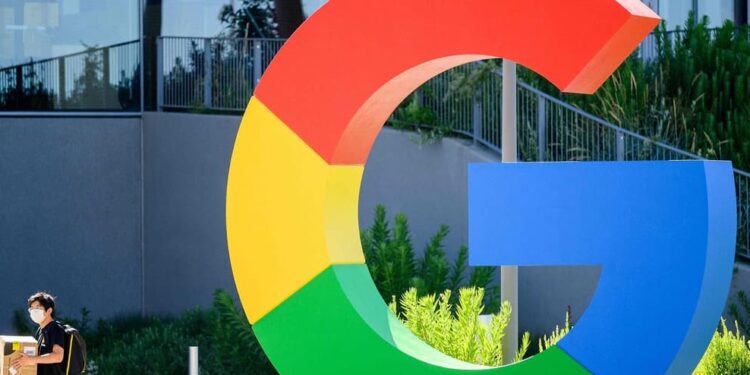Alphabet, Google’s parent company, agreed to pay $700 million and make changes to its online app store, adhering to the terms of an antitrust settlement made public Monday.
As part of the settlement, the company will make changes to its app store to reduce barriers to competition for developers, including the ability for apps to charge users directly.
Dozens of US states joined forces in a July 2021 lawsuit accusing Google of abusing its power when it comes to getting apps for mobile devices running Android.
In this procedure, supported by 37 attorneys general, Google is accused of using anticompetitive tactics to discourage the distribution of Android applications in stores other than its Play Store, where its payment system collects commissions on transactions.
A settlement was announced in September, but details of the transaction were not disclosed.
“Google will pay $630 million into a settlement fund that will be distributed for the benefit of consumers, according to a plan approved” by the courts and “$70 million into a fund that will be used by states,” Alphabet said in a statement. communicated Monday.
App providers will now be able to bill Android users directly.
“App and game developers will be able to implement an alternative billing option alongside Google Play’s billing system for their US users, who can then choose which option to use when making in-app purchases,” it says. read in the press release.
In addition to the U.S. states that brought the case to court, all 50 states, the District of Columbia and two territories joined the settlement.
Last week, Epic Games, publisher of the hit game Fortnite, won a major US legal battle against Google, thanks to a Californian jury convinced that the technology giant is abusing its monopoly on the mobile applications market, to the detriment of developers .
Alphabet, however, declared on Monday that it contested this verdict and considered that its dispute with Epic “is far from over”.
Epic sued Google and Apple in 2020, accusing the tech titans of abusing control of their respective stores selling apps and other digital content on mobile devices.



